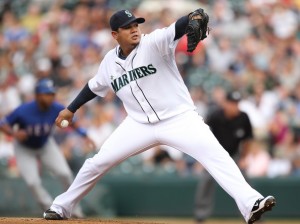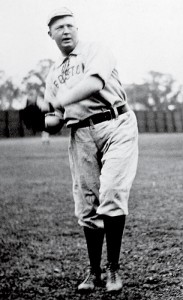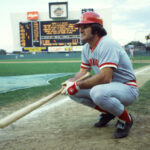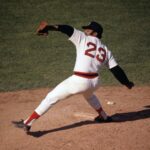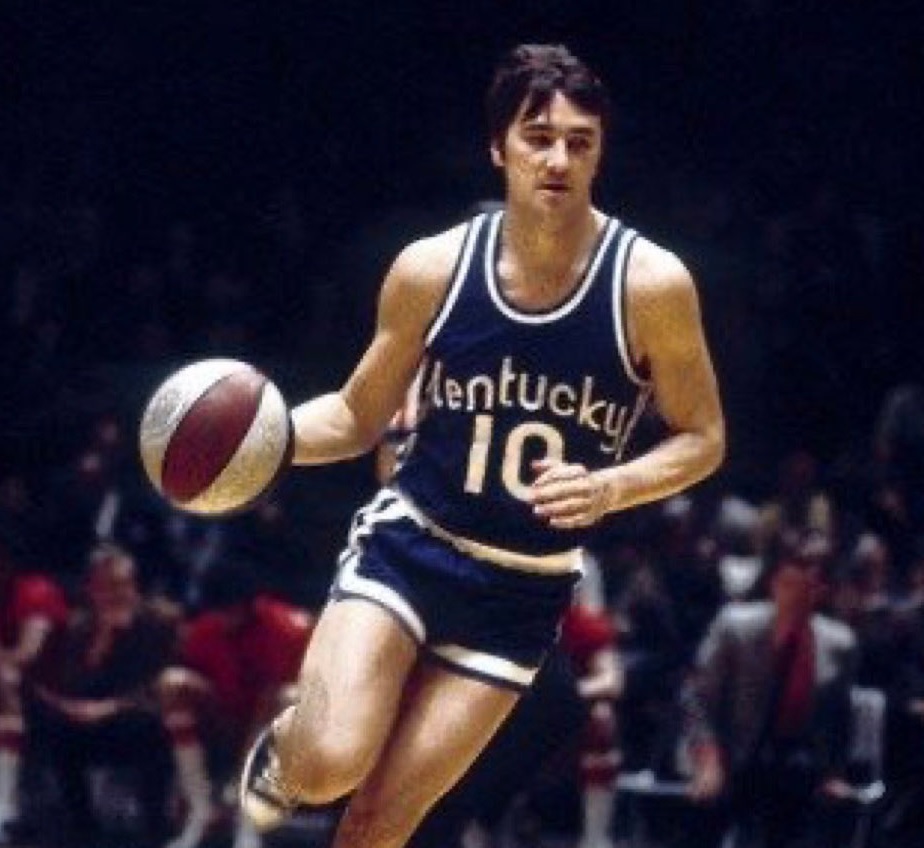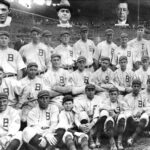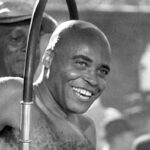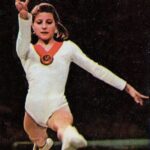Felix Hernandez is AL’s Top Pitcher; What Would Cy Young Think?
How ironic is it that an award named for a pitcher who won 511 games, including more than 30 on five occasions, has now been awarded to a starting pitcher who won 13 games in a season? That is the question that can now be raised following the selection of Felix Hernandez as winner of the 2010 American League Cy Young Award.
Playing for a team that won only 61 games, Hernandez posted a 13-12 record with a league-best 2.27 earned run average. It was his low ERA, rather than his lack of victories that made him the overwhelming choice of voters for the award.
This marks the third straight year and fourth time in the last five years that the American League Cy Young Award winner has also led the league in ERA. In 2006 (Johann Santana) and 2008 (Cliff Lee), the pitcher also led the league in wins. However, that has not been the case the last two years when first Zack Greinke with 16 wins and now Hernandez has set a new AL record for fewest wins by a starting pitcher who wins the Cy Young.
In many respects, it is a predictable trend given the changing landscape for starting pitchers over the last couple decades. Because starting pitchers now typically are asked to only pitch five to seven quality innings per start, their ability to personally control win-loss records has declined.
Who Should Have Won the AL Cy Young Award?
- David Price (78%, 7 Votes)
- Felix Hernandez (11%, 1 Votes)
- C.C. Sabathia (11%, 1 Votes)
Total Voters: 9
For that reason, factors such as overall team performance and bullpen quality often come into greater play when judging the success of a starting pitcher.
In Hernandez’s specific situation, he was part of a team that was anemic offensively and often forced him to be nearly perfect just to have a chance at a victory. The Mariners scored a grand total of 13 runs in his 12 losses, including scoring zero or one run nine times.
Hernandez allowed zero or one earned run in nine of his final 10 starts of the season (while posting a 6-3 record in those starts) and 17 times during his 34 starts throughout the entire season.
While historic context makes it difficult to select Hernandez over pitchers with significantly better victory totals like David Price (19-6, 2.72 ERA) and C.C. Sabathia (21-7, 3.18), the new pitching model clearly points to Hernandez as being the best pitcher in the league in 2010.
That Cy Young award voters chose Hernandez a year after he finished second to Greinke despite having three more victories than the Kansas City hurler seems to indicate a definite shift in focus among award voters.
While team success is rightfully trumpeted as being important, the Cy Young Award remains an individual honor. For that reason, focusing on how a pitcher performed in his starts, rather than specifically on whether he won or lost the game seems to provide a better judge of individual success.
In the case of both Greinke in 2009 and Hernandez this season, the award winner received virtually no run support, yet still performed at a high level every time he took the mound.
Focusing on statistics beyond win-loss record also came into play in the National League selection in 2009 as Tim Lincecum claimed his second straight Cy Young Award despite posting only 15 victories (which placed him in an eight-way tie for fourth in the National League).
As we look toward the future, it is likely that we will continue to see Cy Young Award winners judged beyond their victory totals and be more focused on ERA and other statistical categories. Considering that Cy Young himself won only two ERA titles while posting 21 or more victories 15 times, it makes me wonder if maybe this award should be changed to the Lefty Grove Award in honor of the man who won the most ERA titles (nine) in league history.
I’m guessing that won’t happen, but I bet if he were alive today Cy Young would probably find it funny that he won just as many games at age 39 (13) as Hernandez did during his award winning 2010 campaign.
